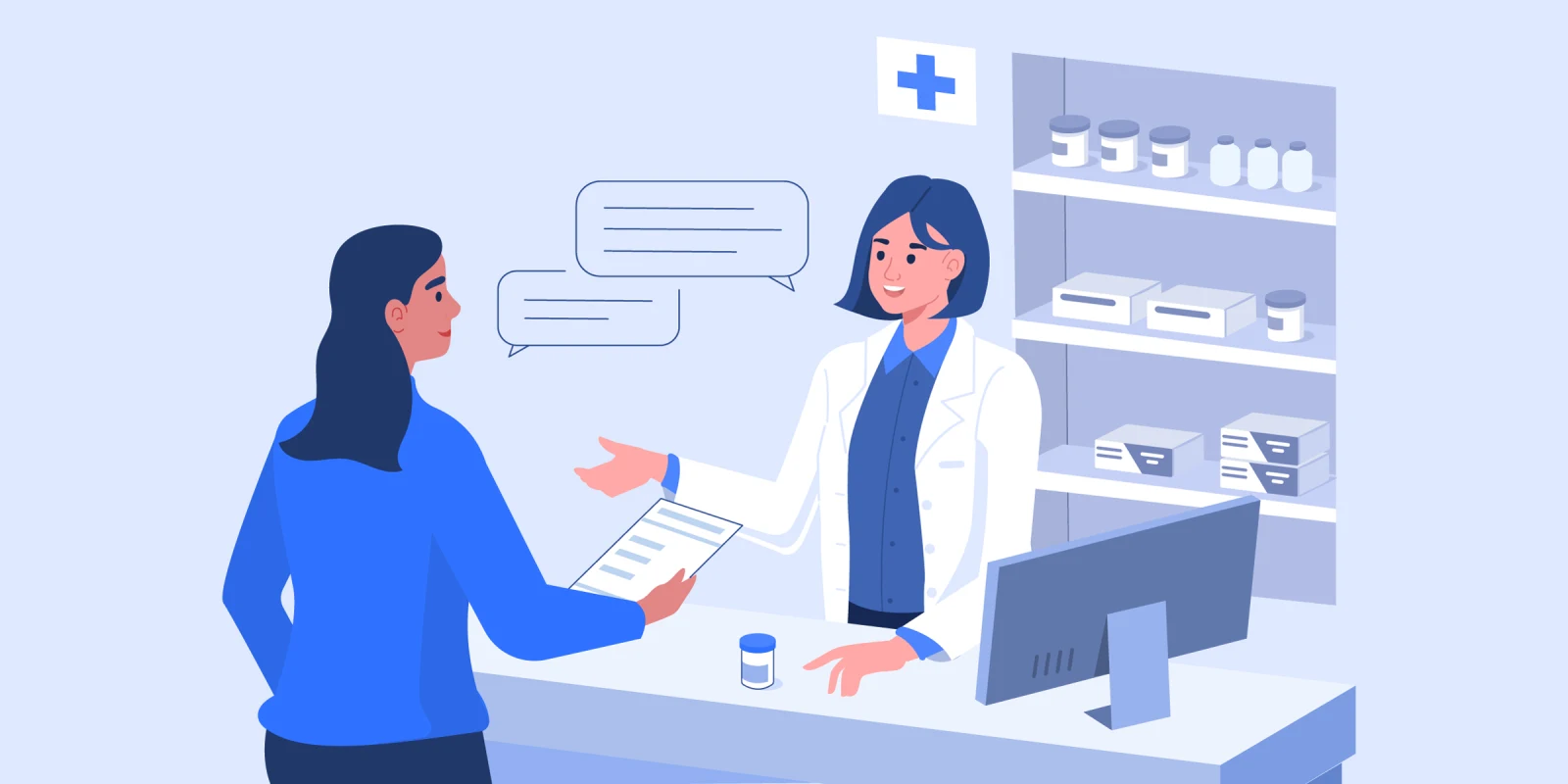October is dedicated to coping with breast cancer and creating awareness. It is a yearly initiative to generate money for research into the illness's causes, prevention, diagnosis, treatment, and care. Not just women can be diagnosed with breast cancer,it is the second most common cause of death for women in the U.S. It is the type of cancer in women that is diagnosed the most frequently worldwide.
While women and men of all ages can be diagnosed with breast cancer, older women are disproportionately affected more than younger and middle-aged women. The risk of acquiring breast cancer rises rapidly with age, making seniors the most vulnerable age group. Nearly 24% of breast cancer cases in the U.S. are detected in women aged 60 to 84. As the U.S. population ages, the annual incidence of breast cancer cases is predicted to rise. Pharmacists can help promote awareness of the disease, especially during Breast Cancer Awareness Month (October each year). Pharmacists should discuss breast examinations with women and whether they are properly self-examining. Women above the age of 40 should be made aware that, while they are not actively targeted, they are eligible for screening mammography every two years.
Pharmacists distributing therapy drugs, like menopausal hormone therapy (MHT), should be aware that the treatment has been associated with an elevated risk of breast cancer and is not recommended for people with a significant family history of the disease. Pharmacists should periodically advise MHT-using female patients to perform breast examinations, ask about family members who have had the disorder, and warn them of the potential risks.
My mother was 65 years old when she was diagnosed with breast cancer. From the moment of diagnosis, the process becomes quite overwhelming. She had a mastectomy, radiotherapy, and survived. I assisted with navigating the health care systems, appointments, billing, and insurance. I was present to address side effects and provide emotional and physical support. She died at the age of 90 from heart failure, living well past the deemed survival rate.
If a first-degree relative — a mother, sister, or daughter — has had breast cancer, your chances of getting it are nearly three-fold. As my maternal grandmother and mother had breast cancer, I am at a higher risk. The proactive management that I use is monthly breast self-checks, annual mammogram in July, my appointment with the ob/gyn in October, and a January breast MRI. I have chosen not to have the BRCA gene test for personal reasons.
However, it is crucial to emphasize that even if breast cancer does not run in your family, you should never put off preventative checkups. While family history is essential, less than 15% of females with breast cancer have a relative who has or has had the illness.
Effective self-screening, mammograms, and early detection devices are crucial in reducing breast cancer-related fatalities. However, there are several reasons why eligible people might not get checked frequently. One of the reasons is that no one merely proposes a screening. Additionally, some groups of people do not have access to routine medical care or health insurance, or they might not be aware of the value of screenings or that they are at risk.
As a result, pharmacists should spread the message that breast cancer checkups save lives. Because pharmacists are often seen as the most trusted and accessible health care clincians in the community, they have a unique opportunity to assist patients by recommending breast cancer tests and follow-up therapy for high-risk individuals. Furthermore, they can direct patients to educational and financial resources and help alleviate anxiety associated with the screening procedure or possible detection and diagnosis.
Aside from acting as a direct resource and a link between prescribers and patients, pharmacists can also lead patients to competent health care professionals for follow-up care. Effective patient care depends on teamwork between pharmacists and other health care professionals in the health system.
Pharmacists play a significant role in supporting cancer care in the community. Women sometimes do not know where to go because there isn't always a smooth treatment transition from the hospital to the community. They can use online gatherings to connect with other women going through similar experiences. Still, they are not ideal for managing chemotherapy or other related therapies and the side effects that go along with it. Pharmacists should ask patients how well they tolerate their therapies, if they have any concerns, and whether they feel fully informed, especially pharmacists dispensing oral chemotherapy or antioestrogens (such as estrogen antagonists and aromatase inhibitors).
A patient may have received excellent advice from a hospital pharmacist, but there is a lot to take in, and they may still be surprised by the diagnosis. Pharmacists can assist by revisiting these counseling points and helping with unpleasant effects and toxicities such as constipation and mucositis. When combined with cancer treatment, these side effects and toxicities can significantly impact the quality of life.
Cancer is a dreadful diagnosis. It takes time to process any form of prognosis. During this challenging time, family and loved ones rally around the person who is ill while they consider their options and begin therapy.
Pharmacists are the medication experts. They fill the informational gap between clinicians, patients, and caregivers in the field of medicine. For their fellow professionals and the patients they care for, they are a source of information and, consequently, a source of comfort.
When it comes to being a part of the care team for a breast cancer patient, pharmacists excel in supportive care. That is true despite their regimen or the care setting where the pharmacists find themselves. They offer a unique viewpoint on how drugs can cause toxicity and how medications can be used to prevent or lessen toxicity to keep patients' performance status at a level where they can continue with therapy toward the goals that they have set for themselves.
How will you raise awareness this October? Share in the comments.
Image by Irina Strelnikova / Shutterstock







